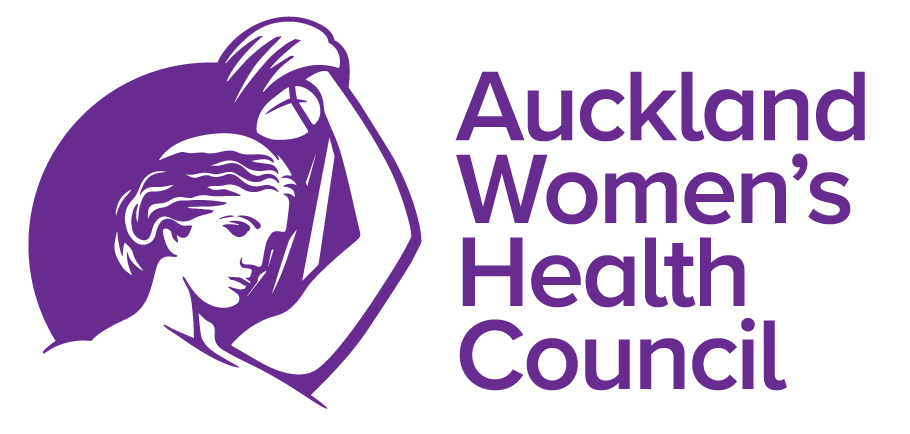Ethics and Ethics Committees
Medical ethics, both in terms of the delivery of health and disability services, and in terms of medical research, is a critical aspect of the AWHC’s work and is central to its goals and objectives. Ethics was at the centre of the ‘unfortunate experiment” and the Cartwright Inquiry, and concerns about ethics was a driving factor in the founding of the Auckland Women’s Health Council. Over the years our attendance at Health and Disability Ethics Committee (HDEC) meetings has alerted us to many issues of concern. We have written letters, lobbied, and made submissions on aspects of the ethics of medical research and the delivery of health services. Some of the articles we have written and submissions we have made can be found below.
Research Ethics, Medical Injury and Pharmaceutical Companies – October 2018
Draft National Ethics Standards for Health and Disability Research – AWHC Submission, September 2018
HDC Consultation on Non-Consensual Research – December 2016
Research Participants in NZ not Covered by ACC – 2016
The Right to Say No to Research Trials – When Did We Lose It? – August 2014
Letter to the Health and Disability Commissioner – May 2014
Enrolling Unconscious Patients in Clinical Trials – May 2014
New Ethics Committees System Start Work – July 2012
Major Flaws in SOPs for Ethics Committees – February 2012
Clinical Trials Unleashed – October 2011
Concerns Over NZ’s Ethics Committees – November 2008
AWHC Submission on the Draft Standard Operating Procedures for Health & Disability Ethics Committees – February 2012Ethics Committees Become Less Ethical – December 2010
